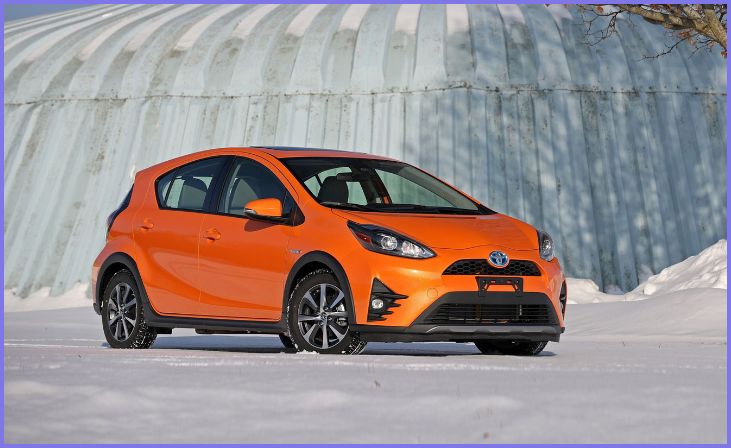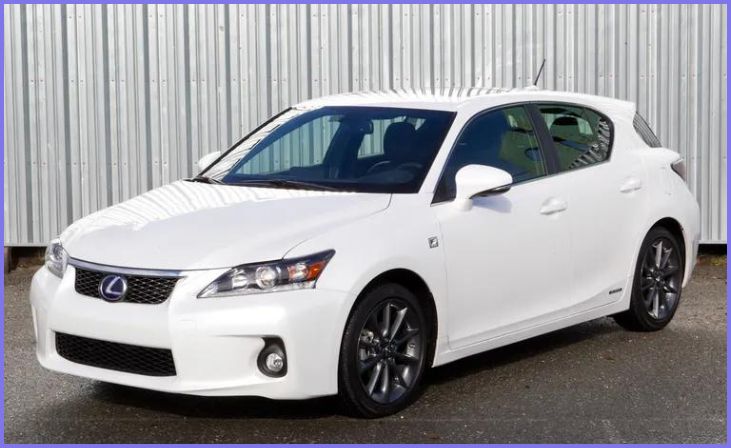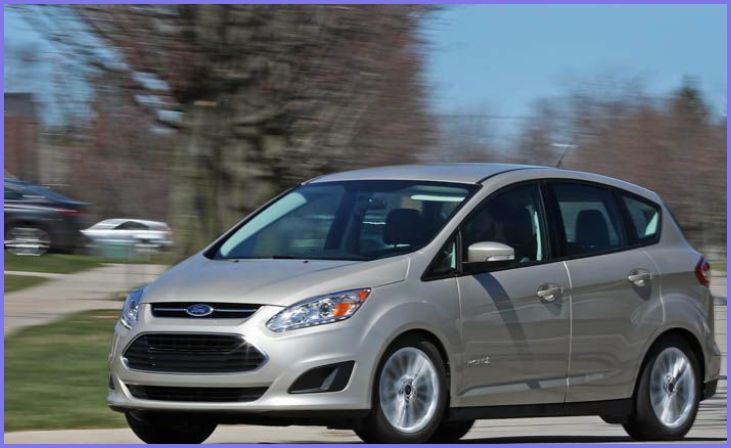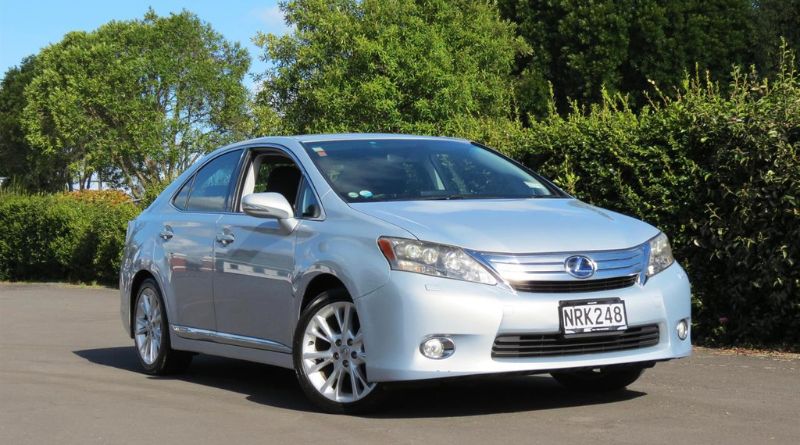In the realm of eco-friendly transportation, hybrid vehicles have garnered immense popularity for their promise of fuel efficiency and reduced emissions. However, not all hybrids are created equal. Some models may not live up to expectations, leading to disappointment and regret. To ensure you make a wise investment, we’ve compiled a list of 7 hybrid vehicles to avoid purchasing. Let’s delve into the details to help you navigate your car-buying journey with confidence.
1. Toyota Prius C

The Toyota Prius C, while once a pioneer in the hybrid market, has fallen behind its competitors in terms of technology and performance. Despite its compact size and commendable fuel economy, the Prius C lacks the refinement and driving dynamics found in newer hybrid models.
The Prius C’s outdated interior and sluggish acceleration make it less appealing compared to other options in its class.
2. Honda CR-Z
Once hailed as a sporty hybrid coupe, the Honda CR-Z fails to impress with its underwhelming powertrain and cramped interior. While its nimble handling may appeal to some drivers, the CR-Z falls short in terms of fuel efficiency and overall value.
With advancements in hybrid technology, the CR-Z struggles to compete with more modern alternatives offering superior performance and comfort.
3. Lexus CT 200h

Despite bearing the prestigious Lexus badge, the CT 200h fails to deliver the luxury and refinement expected from the brand. Its lackluster acceleration and uninspiring driving experience detract from its appeal, especially considering its premium price tag.
While the CT 200h boasts impressive fuel economy, its outdated infotainment system and cramped rear seats make it a less-than-ideal choice for discerning buyers.
4. Hyundai Sonata Hybrid
The Hyundai Sonata Hybrid may offer a spacious cabin and a generous array of features, but it falls short in terms of overall performance and driving dynamics. Its hybrid powertrain struggles to deliver the smooth, responsive performance expected from a midsize sedan.
While the Sonata Hybrid’s fuel economy is respectable, its subpar handling and lackluster acceleration may leave drivers wanting more from their hybrid experience.
5. Ford C-Max Hybrid

Despite its practicality and versatility, the Ford C-Max Hybrid suffers from a number of shortcomings that detract from its appeal. Its cramped rear seats and lackluster cargo space make it less practical than other hybrid options in its class.
The C-Max Hybrid’s underwhelming fuel economy and uninspired driving dynamics further dampen its appeal, making it a less-than-ideal choice for eco-conscious consumers.
6. Chevrolet Malibu Hybrid
While the Chevrolet Malibu Hybrid offers a comfortable ride and a spacious interior, it falls short in terms of fuel efficiency and overall value. Its hybrid powertrain struggles to deliver the impressive mpg ratings promised by its competitors, making it a less attractive option for budget-conscious buyers.
Despite its smooth acceleration and quiet cabin, the Malibu Hybrid fails to stand out in a crowded field of midsize sedans, ultimately leaving buyers disappointed with its lackluster performance.
7. Nissan Pathfinder Hybrid
The Nissan Pathfinder Hybrid may offer the versatility of a seven-passenger SUV, but its hybrid powertrain fails to deliver the fuel economy expected from a hybrid vehicle. Its sluggish acceleration and unrefined handling detract from its appeal, especially considering its premium price tag.
While the Pathfinder Hybrid boasts a spacious interior and a comfortable ride, its lackluster mpg ratings and outdated technology make it a less-than-ideal choice for eco-conscious families.







